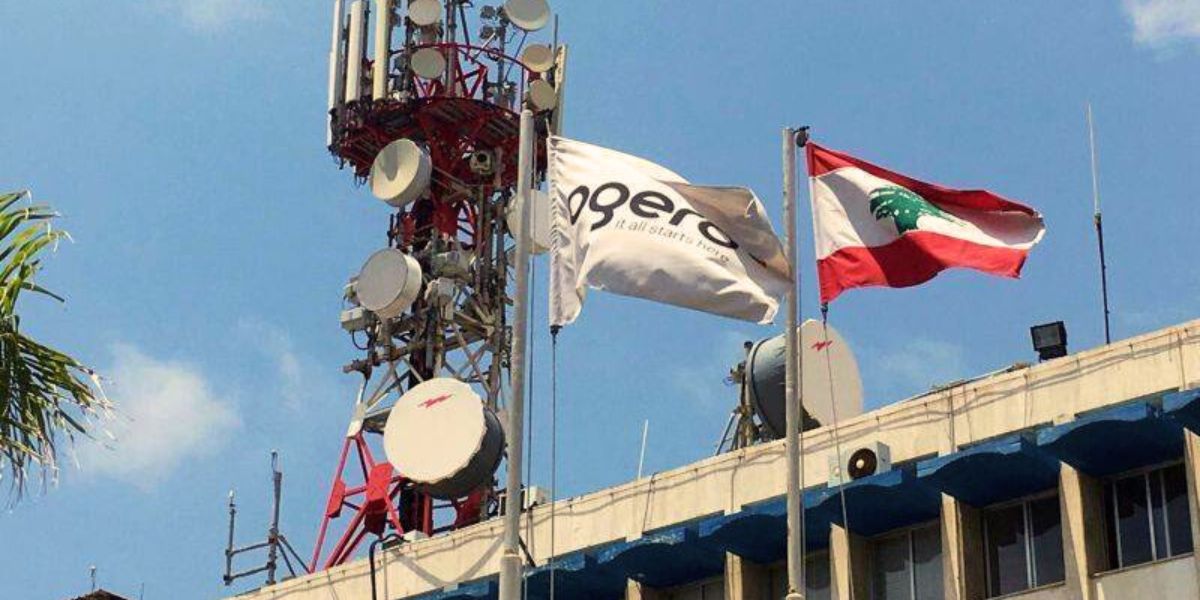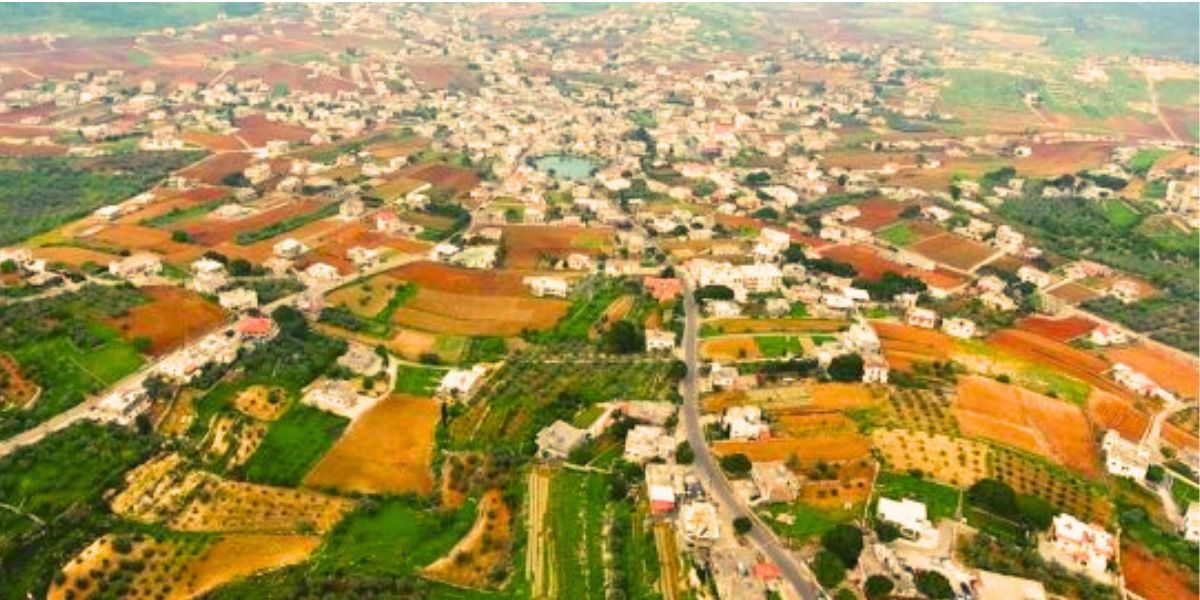The Lebanese Ministry of Agriculture and Culture has raised the export percentage of olive oil from 7% to 100%, a Lebanese official announced.
The secretary-general of the Development and Liberation Bloc, MP Anwar Al-Khalil, told the press Friday that “[caretaker] Agriculture Minister Abbas Mortada understands the demands of olive farmers.”
“He gave his directives yesterday to raise the percentage of oil exports from 7 percent to 100 percent compared to last year’s exports,” he revealed.
The move comes after Al-Khalil delivered the demands of olive farmers to Mortada, most notably the request to cancel the decision that bans the export of olive oil under a prior license from the caretaker minister.
The MP explained that the Agriculture Ministry will raise the percentage gradually, as long as the external market has a demand for this commodity, without that causing the loss of olive oil from the local markets or reflecting an increase in its local price.
Although this season’s olive production in Lebanon is generally considered to be average, this year’s prices of olive products have soared compared to last year’s.
For instance, the standard 16-liter olive oil container is currently being sold between 500,000 and 600,000 Lebanese pounds, around 300,000 pounds more than the average price recorded in 2019.
The spike in prices is attributed to the increase in the costs of labor, fertilizers, and equipment, and the other processes and services involved in the industry, such as olive pressing for oil extraction.
The fires that engulfed vast amounts of agricultural lands in various Lebanese areas a few months ago significantly contributed to the losses sustained by olive farmers this year, who mostly rely on the annual olive-picking season to make their living.
















